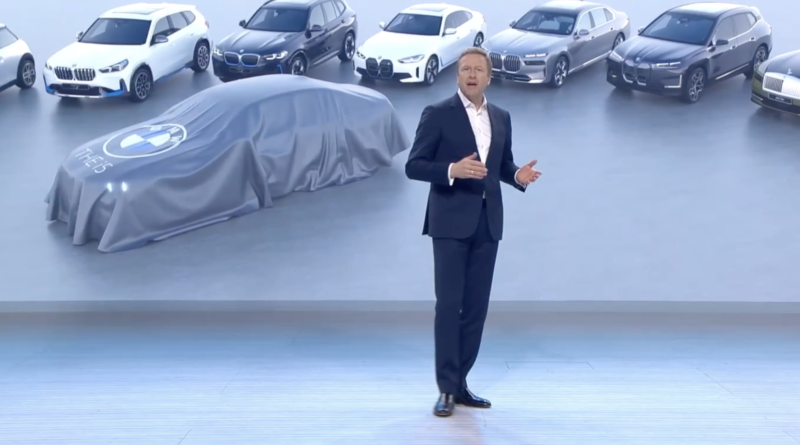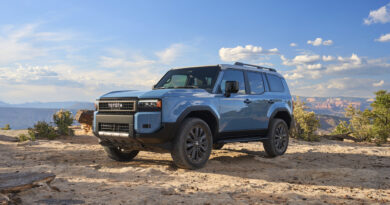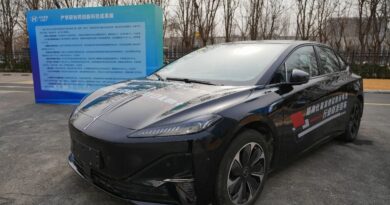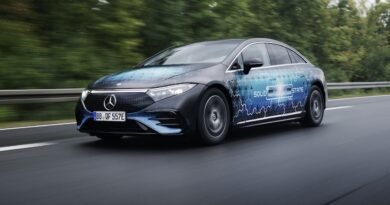BMW confirms latest EV models including i5 sedan and iX2 SUV
BMW has confirmed its next electric vehicle model launches will be an i5 large sedan and wagon and the iX2 compact SUV.
Both models will sit alongside orthodox internal combustion siblings as BMW has already done with the 4-Series/i4, 7-Series/i7 and X1/iX1.
READ MORE: The electric year ahead: every EV coming to Australia in 2023
READ MORE: Complete guide to rebates, discounts and incentives when buying an EV in Australia
The i5 is an electric version of the company’s long-running 5 Series sedan and it’s only months away from launch in Germany.
It is expected to arrive in Australia as soon as 2024.
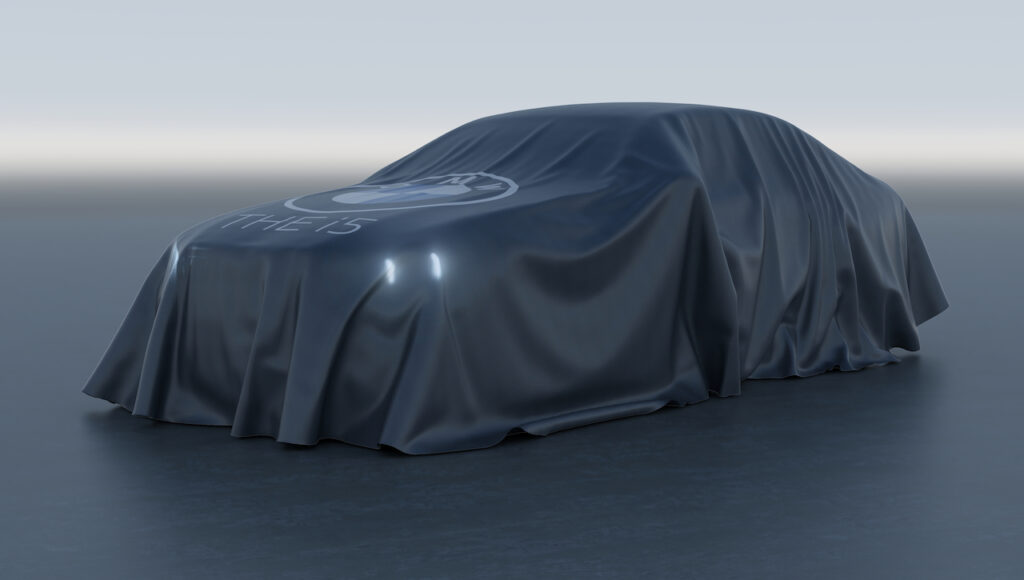
Early next year a wagon version, the i5 Touring, will join it on-sale in Europe, though this variant is unlikely to be sold in Australia.
Two plug-in hybrid versions of the new 5 Series have also been promised for launch in 2024.
Speaking at BMW Group’s annual, chairman Oliver Zipse (pictured top) also confirmed there will be an M Performance version of the i5.
An EV is already the best-selling model from the company’s famous-for-fast M division, Zipse explained. In 2022 the electric-powerd i4 M50 topped its global sales charts.
The iX2 is a sporty-styled version of the iX1 small SUV, the most affordable EV in BMW’s current Australian line-up. Production of the iX2 will begin in Germany late this year, so expect it to launch here early in 2024.
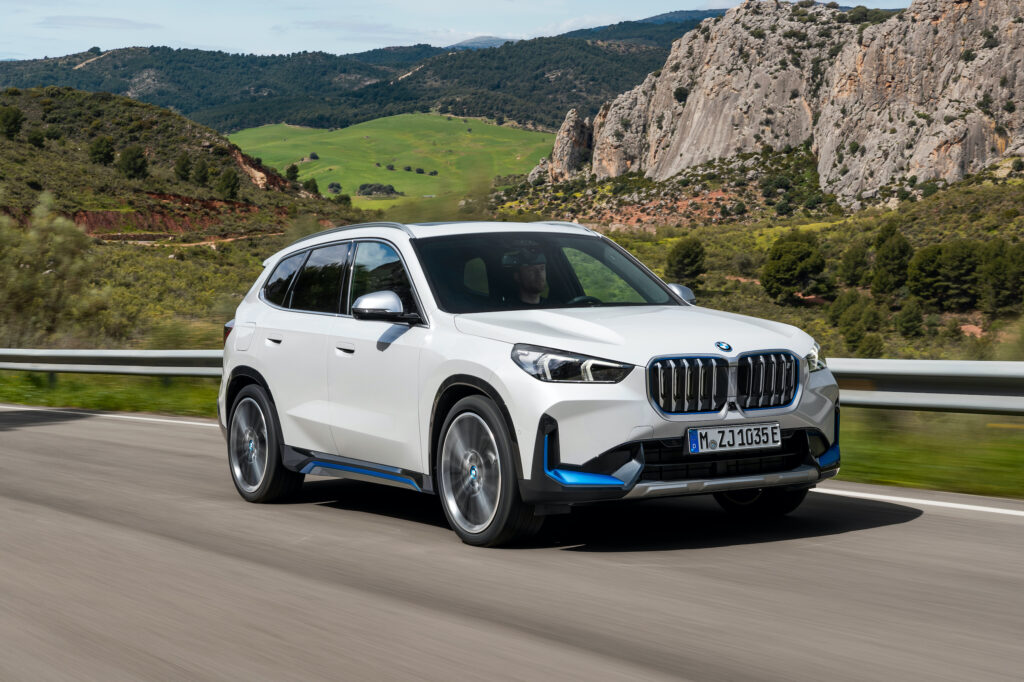
Zipse predicted that at the current rate of growth EVs will account for more than 50 per cent of the company’s worldwide sales before 2030.
He said BMW expects EVs will make up 15 per cent of its sales worldwide this year, which would mean a large increase over the 215,000 EV sales globally in 2022.
The German car maker predicts EVs will make up one-fifth of its sales in 2024, one-quarter in 2025 and one-third in 2026.
He said BMW is well prepared should governments decide to ban sales of internal-combustion engines.
“If individual markets or regions demand 100 percent e-mobility at a certain point in time,” said Zipse, “we will be ready and able to deliver”.

